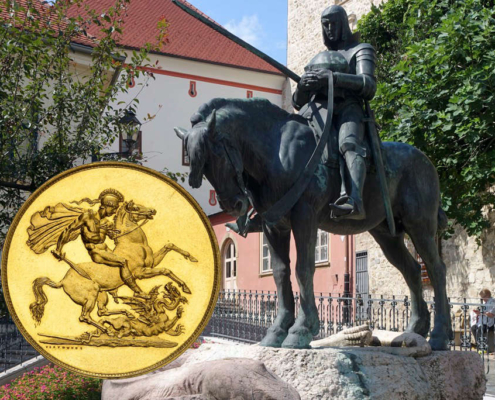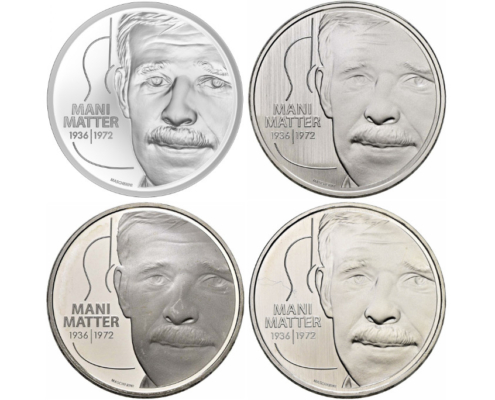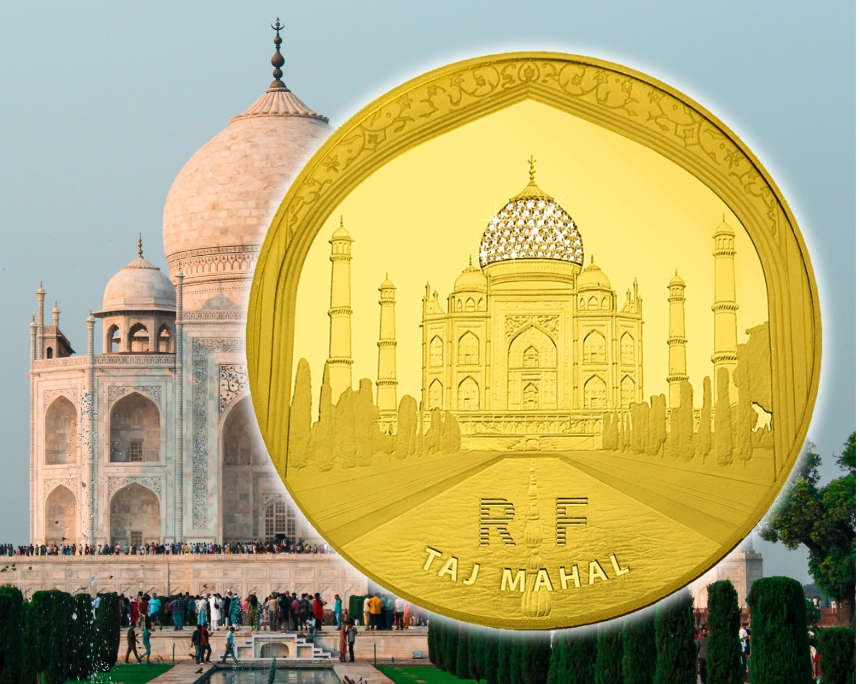Archive: People and Markets
Tradition Meets Craftsmanship: Coin Minting as a Highlight of the Garden Show
When the Garden Show in Freudenstadt and Baiersbronn opens its doors in May, visitors can look forward to a special experience: a historical minting station, where they can create their own commemorative medals by hand.
€150,000 each: The World’s Most Expensive Euro Coins – They Really Exist!
A six-figure sum for a single euro commemorative coin? Stories like this repeatedly grab headlines – most recently with rumours of a commemorative issue honouring Cristiano Ronaldo. But which price records for euro coins are actually realistic?
Archive: Coins, Medals and more

Why Are There So Many Coins Depicting Saint George?
Saint George is one of the most popular saints of the Middle Ages and the early modern period. He is venerated by both Catholic and Orthodox Christians, the Druze and even Muslims. What do we know about this saint? Did he even exist? And why are there so many coins depicting him?

SINCONA Offers Spectacular Swissmint Patterns
In its Auction 87, SINCONA AG showcases Swissmint patterns. They are truly remarkable as they are true patterns that were not produced for collectors but are natural by-products of the coin creation process.










ROMA Numismatics to Close on 24 May 2024
On 24 May 2024, a chapter in the history of British numismatics will come to an end. The auction house ROMA Numismatics Limited will close its doors.
New Issue by Spectres – Jukebox Coin
Dive into the golden age of American Music with a coin designed for music lovers and collectors alike: The Jukebox Coin.